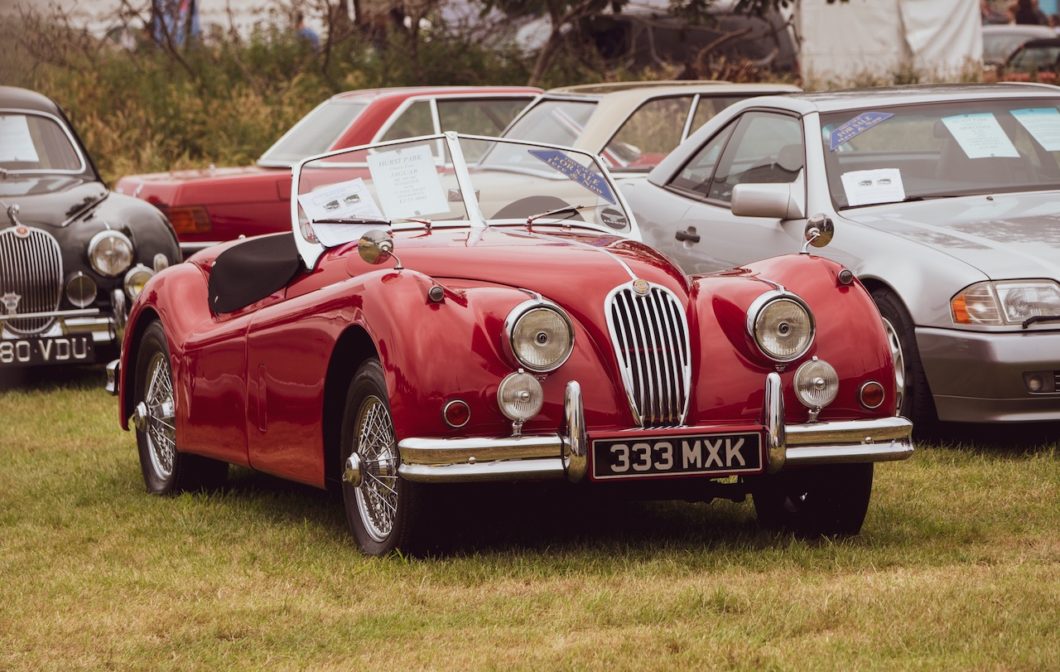Are you thinking about buying your first classic car? You’ll join a collection of people who’ve gone down this road and found it incredibly empowering. There’s a joy to classic cars that can’t be found in the modern cars of today. You’ll take immense satisfaction from breathing new life into an old car so it can carry on its journey.
However, as you’re likely aware, many considerations come into classic car ownership. It’s not like owning a “normal” car; you’ve got more maintenance to do, fewer modern comforts to live with, etc. Alongside all of this, there are some key things to know about owning classic cars in the UK. It can differ from other countries, so here are four common questions people like to ask before buying their first classic vehicle.
What is a classic car?
First of all, how do you define a classic car? Some people will put an age label on this and say that a car has to be at least 40 years old to be considered a “classic”. Others argue that the definition of a classic car is more related to its history and significance.
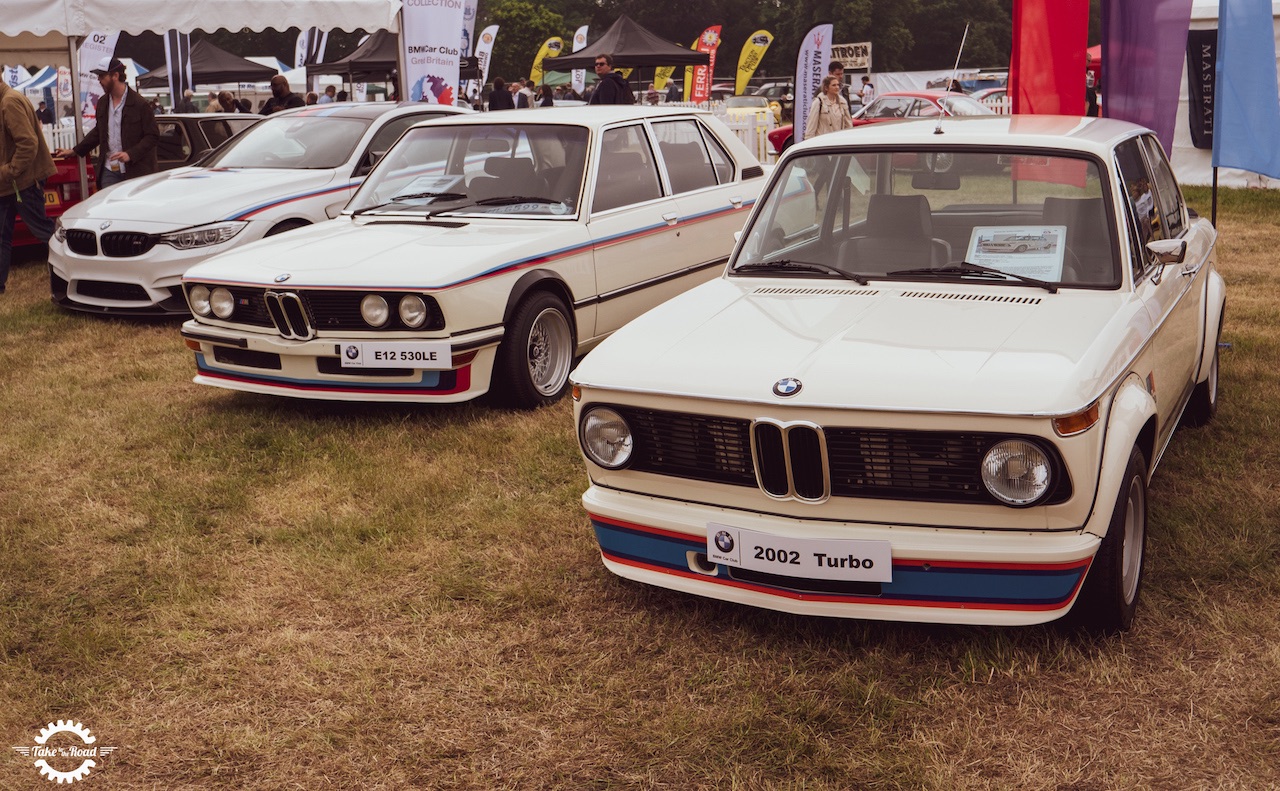
For example, a lot of the BMW 3 Series from the early 90s are considered classic cars by many of the auto community. They’re iconic pieces of motoring history that signify a specific era of sporty saloons/estates. You can easily say they’re more “classic” than a bog standard car that just happened to be built in the 70s.
How you define a classic car doesn’t really matter. You can take age into it if you wish, but it has more to do with what you feel is a classic vehicle with a lot of meaning and history.
Do I need to pay tax on a classic car?
Maybe! It truly depends on how old your classic car is – and this is where the 40-year-old label comes from. The UK Government has a policy where any vehicle that’s 40 or older is exempt from tax. This means that some cars aren’t exempt today, but they could be in the next few years.
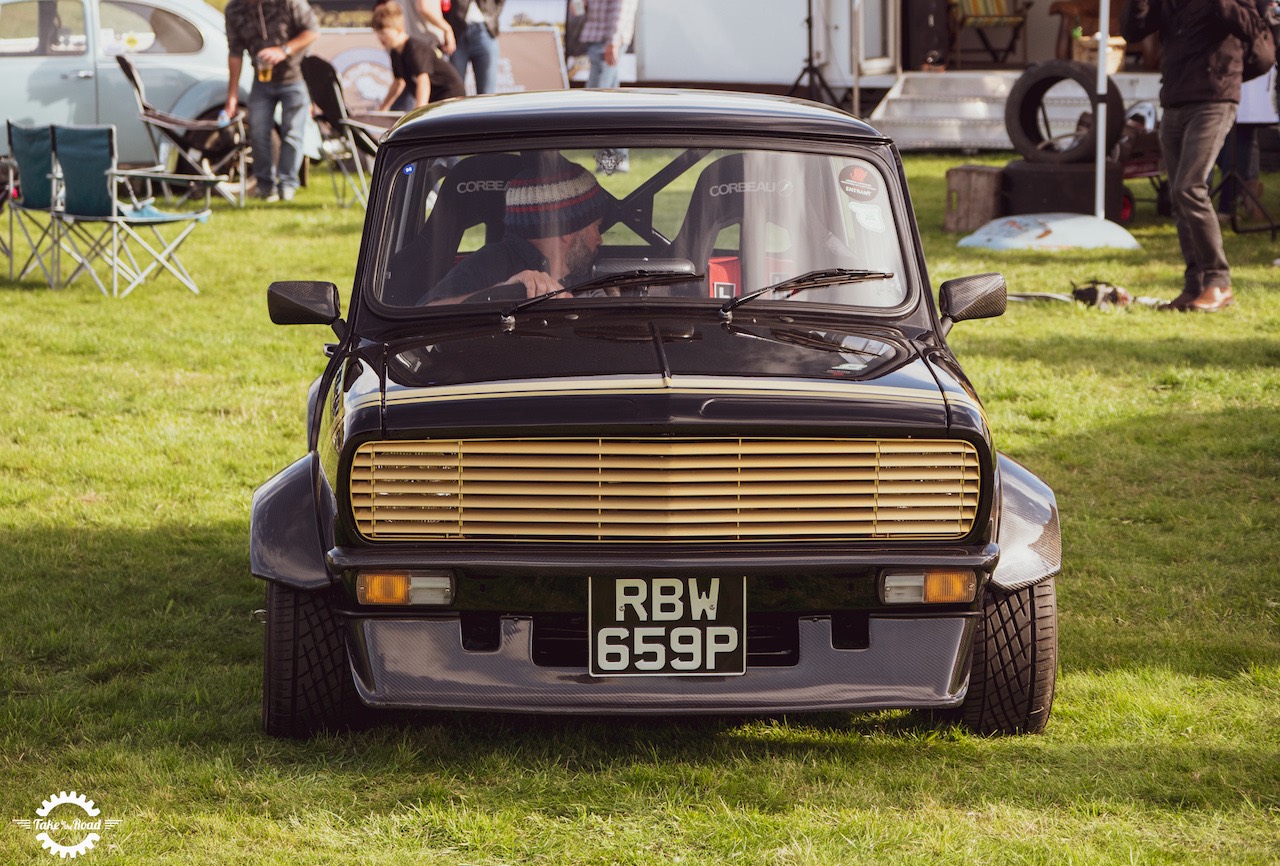
So, while age shouldn’t be the sole determining factor in what classic car you buy, it can be useful to know that you’ll avoid paying car tax if it’s at least 40 years old. At the same time, don’t make the common mistake a lot of classic car owners make and assume their vehicle is tax-exempt.
As an example, you could have a lovely classic 1986 Austin Mini – one of the best classic cars around – and assume you don’t have to pay tax on it. In reality, you will need to tax this car until 2026, when it becomes 40 years old.
Will a classic car need an MOT?
Again, it’s a big maybe for this one! The same UK government policy also states that vehicles don’t need an MOT if they were built or registered more than 40 years ago and haven’t had “substantial changes” made within the last 30 years.
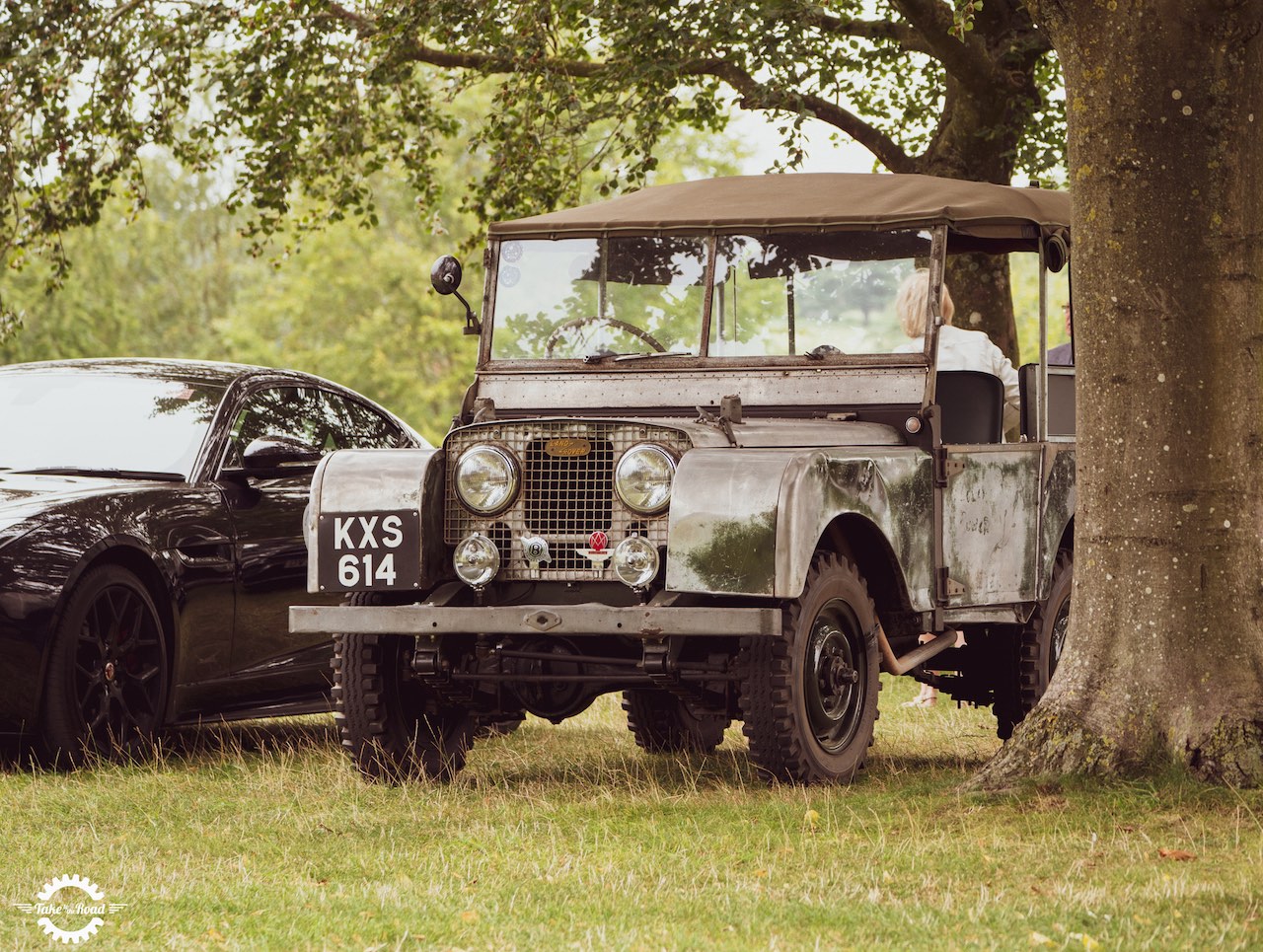
They define “substantial changes” as replacing the chassis, body, axles or engine to alter how the vehicle works. If your car hasn’t had that work done within the last 3 decades and is 40 years or older, then you won’t need an MOT.
Do classic cars need to be insured?
Yes! And this is one of the biggest mistakes people make when buying their classic cars. You’ve already seen that cars of a certain age don’t need to be taxed and can get away without an MOT. This leads many owners to believe the same is true for insurance – but it’s not.
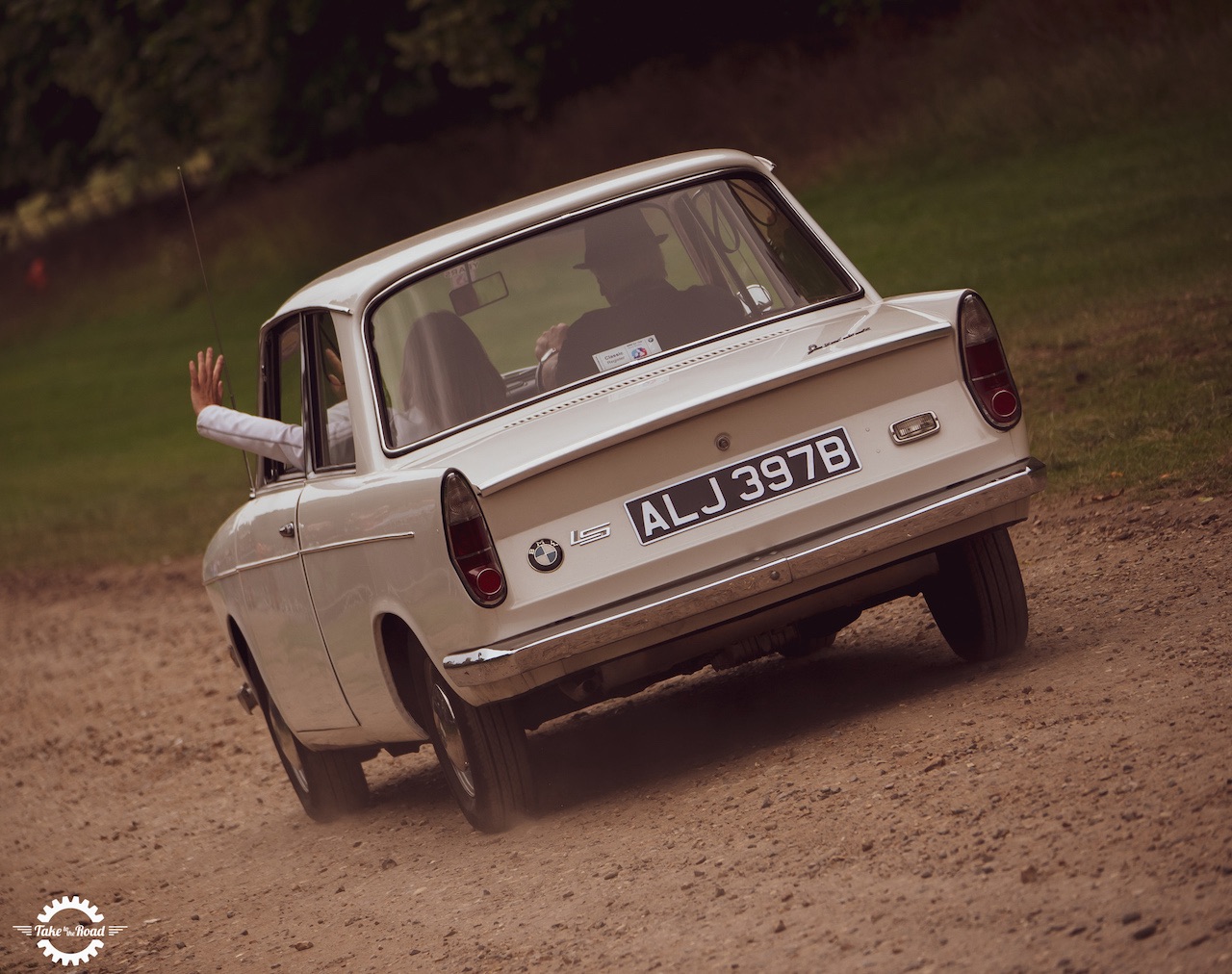
Classic cars will need insurance, and most insurance providers will demand specialist insurance because the vehicle is of a particular age. It’s not something you can afford to neglect, as so many classic car owners get pulled over for driving without insurance. They either believe their car doesn’t need it or that their normal insurance policy also covers this car. It’s the number one reason for classic cars being impounded. Once a car gets impounded, you’ll then need the cheapest impounded car insurance to get it out before buying the right insurance coverage to drive it daily.
It gets very confusing, so the best option is to avoid the hassle and insure your classic car with the right insurance the moment you get it.
Hopefully, this clears up some of the key questions about classic car ownership. Perhaps the answers will sway your decision when choosing a classic car! It can be highly beneficial, especially as vehicles built 40 or more years ago are also exempt from ULEZ charges around the UK.

